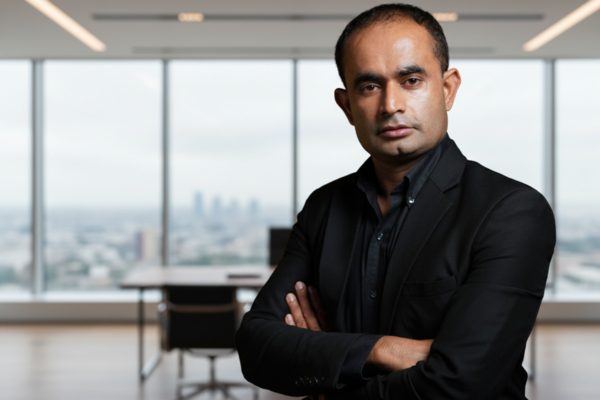Sabeer Nelli is a prominent entrepreneur and fintech leader, best known as the Founder and CEO of Zil Money. Through his work, he has transformed how companies handle business payments—reducing friction, increasing efficiency, and building a more sustainable financial future.
While Nelli is not primarily known as a climate activist, his role at the intersection of financial technology and sustainability provides an important example of how business innovation can contribute to climate resilience.
Bridging Fintech and Environmental Responsibility
One of the most meaningful ways Nelli links his business to environmental concerns is by championing digital payments over traditional paper-based systems. Zil Money enables companies to issue digital checks and make e-payments, significantly reducing the need for physical paper checks. This shift helps curb paper consumption, reducing waste and the associated carbon footprint embedded in paper production, transportation, and disposal.
Moreover, Zil Money’s infrastructure is largely cloud-based, which in turn reduces reliance on physical storage and data centers. Nelli has emphasized that this design supports a more efficient, resource-conscious way of doing business. In this sense, his fintech model aligns with broader sustainability goals: minimizing waste, optimizing resource usage, and using digital transformation to contribute to climate-friendly practices.
Global Engagement: From Business to Climate Forums
Nelli’s influence goes beyond the boardroom. In 2025, he was selected to join the Indian delegation to the United Nations Climate Change Conference (COP 30) in Brazil. His inclusion underscores a growing recognition that climate discussions are no longer just the province of governments and environmental NGOs: private-sector leaders and technologists are now central in shaping global strategies for sustainability.
At COP 30, Nelli is expected to engage in sessions that explore how technology, finance, and economic systems can support climate resilience. His presence as a private-sector delegate highlights how fintech solutions can play a role in climate policy — by enabling better tracking of climate finance, facilitating funding for green projects, and supporting digital infrastructure that underpins climate adaptation.
Social Responsibility and Regional Development
Beyond global summits, Nelli also invests in local innovation ecosystems. His vision for “Silicon-Jeri,” a tech hub in Manjeri, Kerala, is a powerful example. With his plans to build Zil Park, a 100-acre education and research campus, Nelli promotes sustainable development, job creation, and tech-based capacity building in his home region.
This model ties social upliftment with sustainable economic growth. By empowering local talent, reducing brain drain, and fostering innovation, Nelli’s initiatives contribute indirectly to climate resilience: communities rooted in knowledge and technology are better equipped to respond to environmental challenges.
The Broader Implication: Fintech as a Climate Tool
Sabeer Nelli’s work demonstrates a key lesson: climate change is not just an environmental issue, but a systemic challenge tied to business, infrastructure, and finance. His contribution is not in planting trees or leading protests, but rather in reimagining how money moves — more efficiently and more softly on the planet.
By embedding sustainability into fintech design, Nelli exemplifies how entrepreneurship can support climate goals. His presence at COP shows that corporate leaders must be part of climate conversations; his development of digital, resource-efficient systems illustrates how innovation can reduce environmental costs; and his vision for regional hubs like Silicon-Jeri offers a roadmap for sustainable, inclusive growth.
In an era where climate change demands both large-scale policy shifts and ground-level innovation, figures like Sabeer Nelli remind us that business leaders have a critical role to play. Through fintech, technology hubs, and global engagement, Nelli is bridging finance and sustainability — helping to steer the private sector toward a greener, smarter future.

































